Considering a Fungicide Application by Drone? You’re Not Alone – Part 2
In part two, Stephanie Porter, CCA, shares 2023 Purdue research comparing drone and ground rig fungicide applications, highlighting coverage, disease control, and yield results.
Considering a Fungicide Application by Drone? You’re Not Alone – Part 1
In part one of this two-part series, Stephanie Porter, CCA, breaks down the pros and cons of drone fungicide applications—and what farmers need to consider before taking flight.
When Planting Is Delayed by Rain—Is It Better Than Planting in Dust?
While a wet spring has delayed planting for many Illinois farmers, Stephanie Porter, CCA, says there’s still time to maximize yield potential by prioritizing corn first, adjusting soybean populations and management, and making strategic in-season decisions as conditions allow.
Soybean Plant Stands: Is Replanting Necessary?
Early in the growing season, many factors often reduce soybean plant stands - freezing temperatures, hail, slugs, disease, etc. A soybean field with poor seedling vigor, slow plant growth, and low plant stand often triggers an “I need to fix this” impulse; however, these fields don’t always need to be replanted.
Soybean Seeding Rate: How Low Can You Go?
Fine-tuning soybean seeding rates can maximize yield potential while balancing costs—Stephanie Porter, CCA, shares what factors to consider before making your final decision.
The “D” Word: Dicamba Do’s and Don’ts for the 2025 Growing Season
In 2024, a court decision forced the EPA to vacate labels for over-the-top dicamba products, leaving growers navigating uncertainty. Now, as Bayer, BASF, and Syngenta await EPA decisions on new labels, Stephanie Porter’s latest blog outlines the must-know do’s and don’ts for dicamba use in the 2025 growing season.
Focus on Agronomy in an Economic Downturn
In her latest blog, Stephanie Porter highlights how strategic agronomic decisions can help farmers navigate rising input costs and low commodity prices.
Farmer Cooperators Needed for 2025 Insecticide Trials
Have you considered your return on investment from insecticide seed treatments or foliar applications? Join Dr. Nick Seiter and ISA's On-Farm Trial Network for field trials in 2025! Test your preferred preventative insect control methods against an untreated control and see how they perform.
Red Crown Rot: Where Is It and What Is Being Done About It?
Red crown rot is spreading across Illinois, but where is it being confirmed in the state? Stephanie Porter provides an update on red crown rot for the 2024 growing season and discusses ongoing efforts to manage the disease.
Farmer Cooperators Needed for 2025 Soybean Sulfur Management Trials
Illinois farmers have expressed interest in the potential benefits of sulfur applications for soybeans. In response, the Illinois Soybean Association has developed an on-farm trial to address key questions about sulfur fertilization. Join the 2025 On-Farm Trial Network and sign up now to participate!

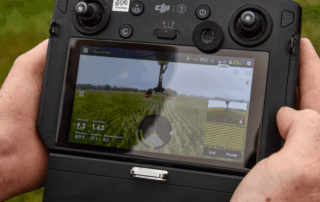
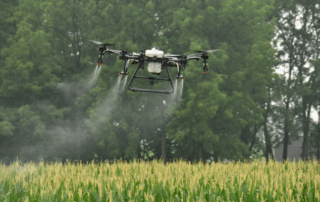
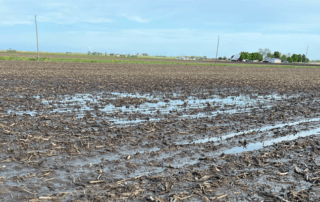
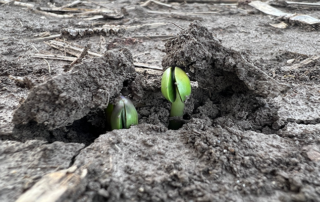
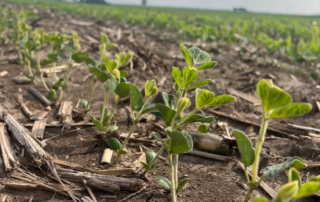

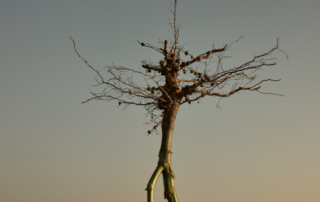
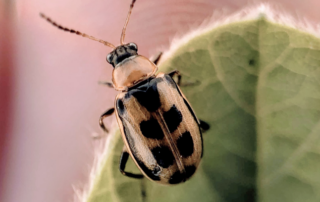
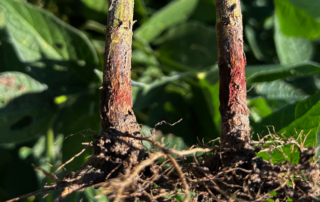
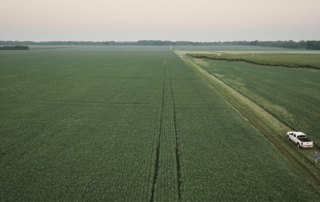

 and then
and then